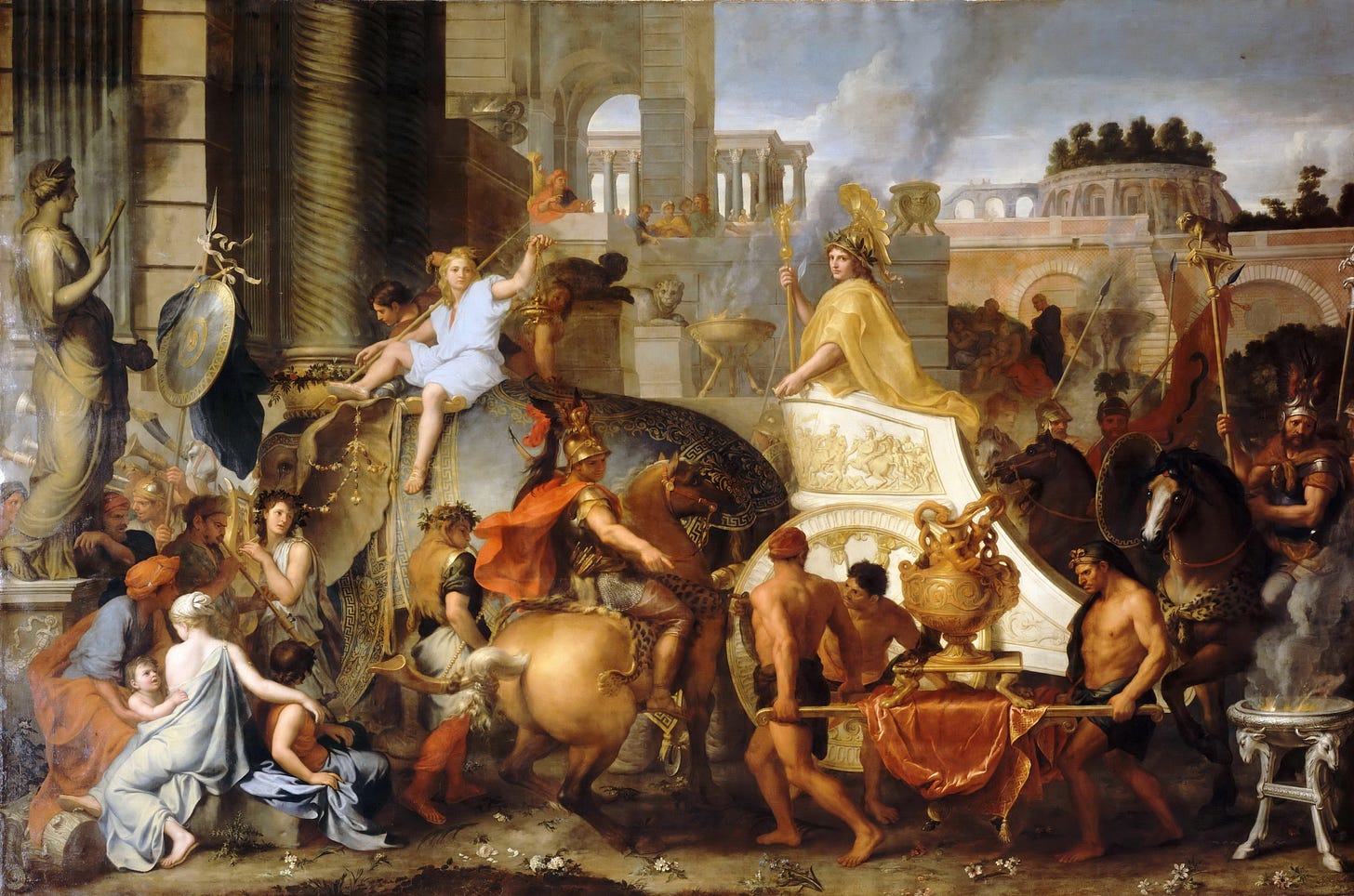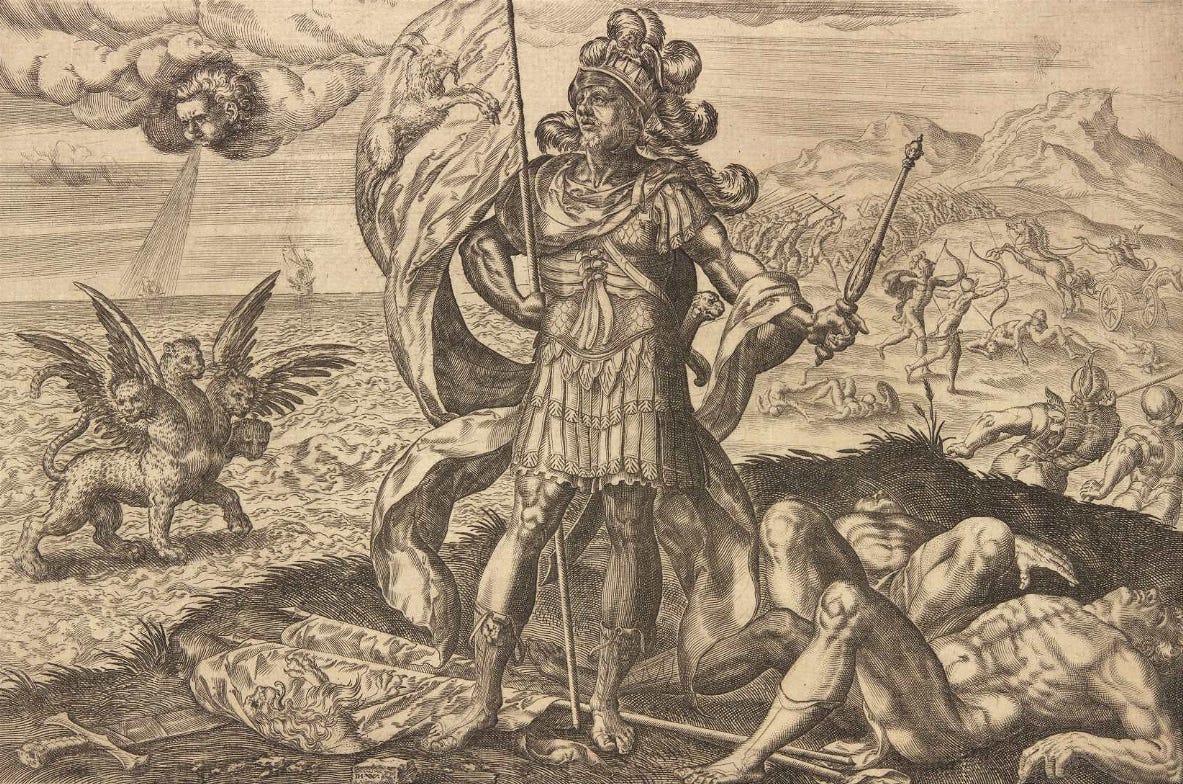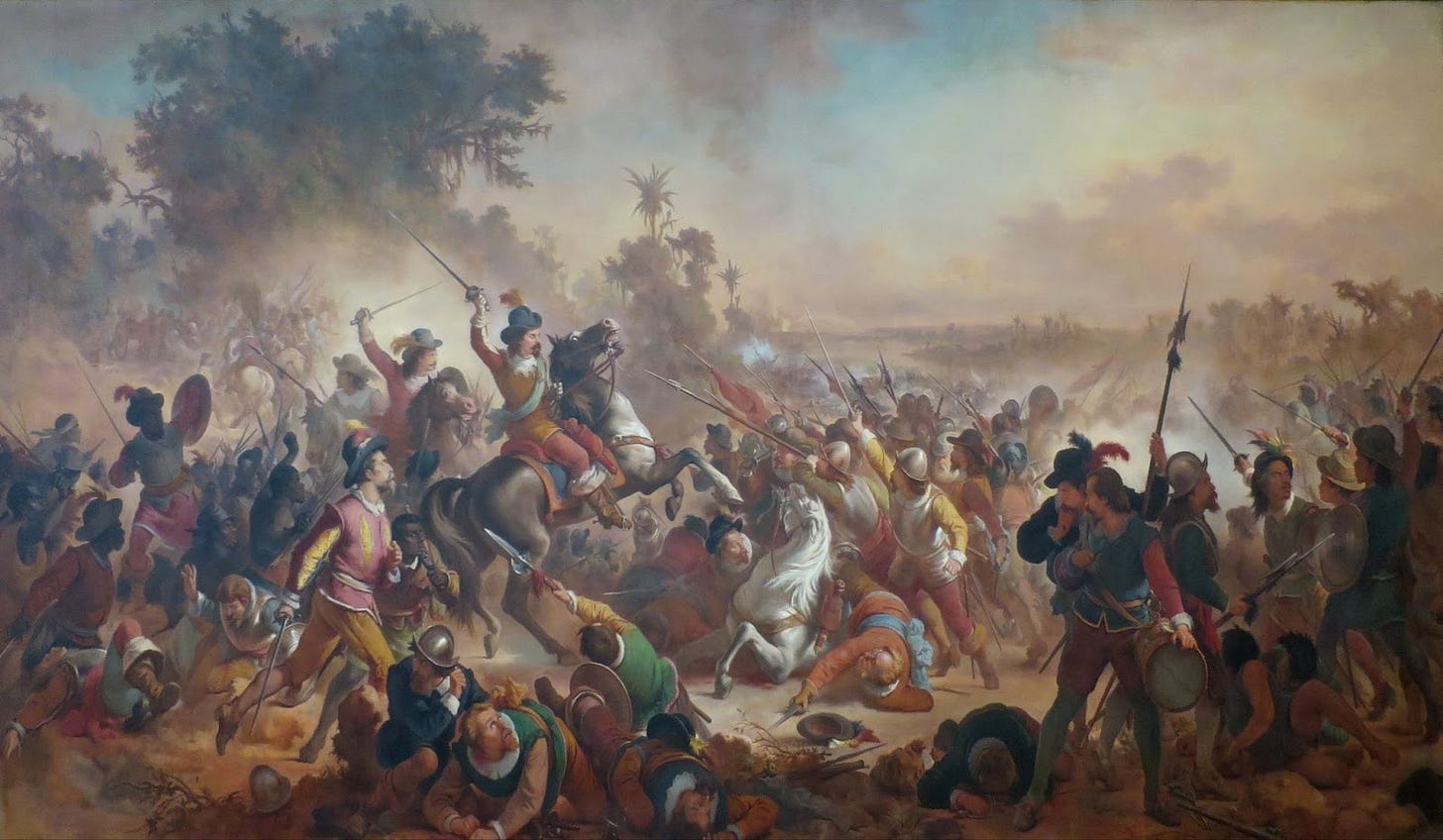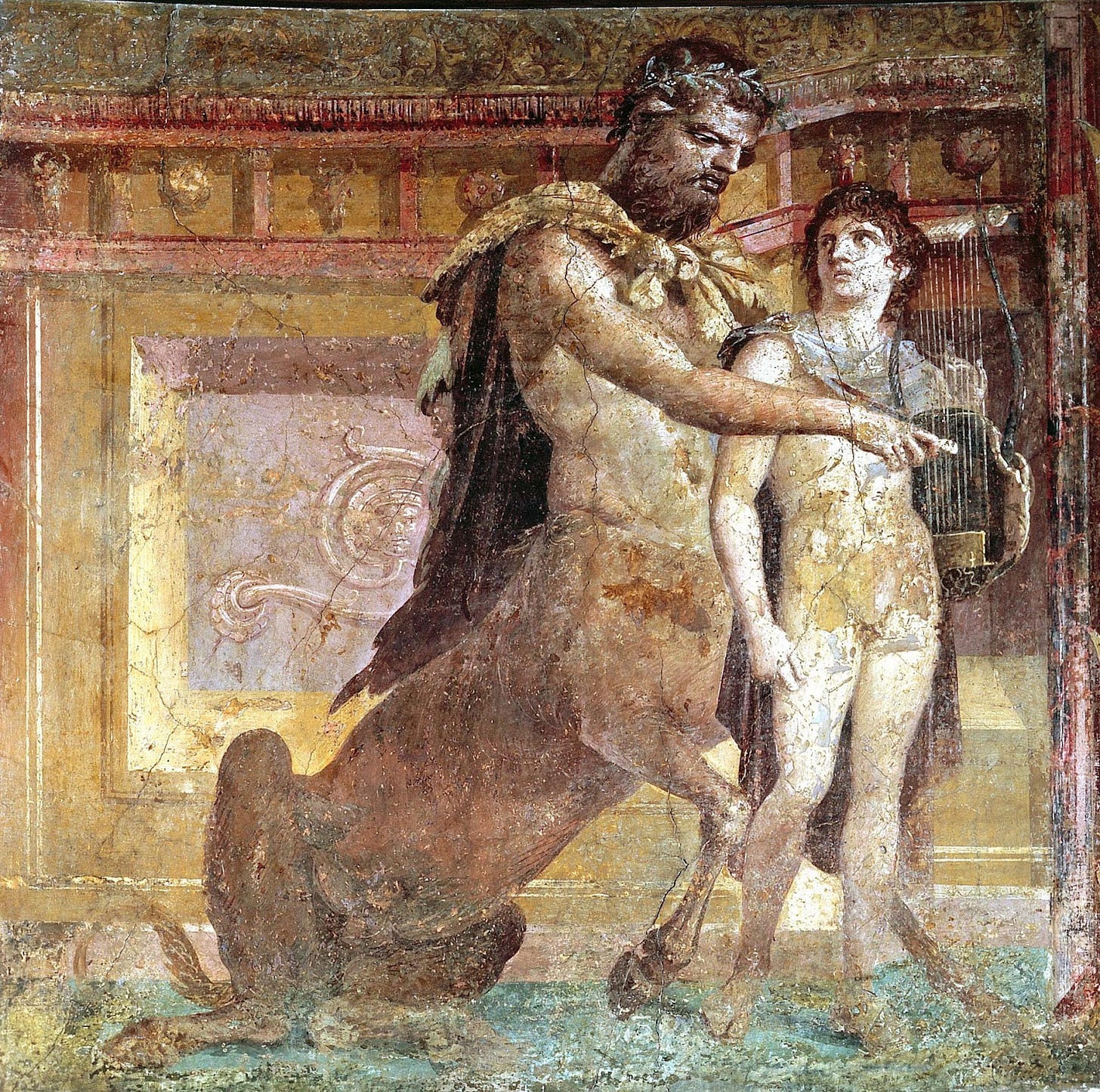Why Great Empires Never Die
And how they justify their power...
As the fires of Rome dimmed and its marble crumbled, a strange thing happened: the empire refused to die.
Though centuries ticked by from its official end in 476, new rulers emerged who all claimed a lineage to the ancient, long-gone empire. Roman ruins dotted Europe, but kings and conquerors still appealed to the legacy of the once-great civilization.
And its not just a phenomenon of the distant past — modern leaders continue to appeal to the glory of bygone cultures, resurrecting their symbols, mottos, and art. But why do so many rulers reach backward in time to secure political dominance today?
An introduction to the concept of translatio imperii: how empires inspire empires and inherit their power...
Reminder: you can get tons of useful members-only content and support our mission for a few dollars per month 👇
Two full-length, new articles every single week
Access to the entire archive of useful knowledge that built the West
Get actionable principles from history to help navigate modernity
Support independent, educational content that reaches millions
Justifying an Empire
Latin for ‘transfer of rule’, translatio imperii is the metahistorical idea that one empire may live on as the successor of a former empire, despite being separated by time and geography. It’s analogous to the idea of royal succession — how monarchs pass on their positions to their children — except applied to the scale of nations and empires.
But why link an empire to a previous one?
In short, invoking translatio imperii is an attempt to establish legitimacy. By claiming lineage to a former empire, new rulers and conquerors cement their claims to power with a legal basis. The term echoes the form of imperial succession written about in the Book of Daniel:
“And after thee shall arise another kingdom inferior to thee, and another third kingdom of brass, which shall bear rule over all the earth. And the fourth kingdom shall be strong as iron…”
The four kingdoms mentioned are usually interpreted to be Babylon, Persia, Greece, and the Roman Empire. Referencing this passage, then, some movements have claimed that they were the "fifth kingdom."
For example in the 17th century, the religious movement of the Fifth Monarchists claimed England to be the prophesied successor. England was thus justified by a religious foundation and mission. But this story isn’t unique.
A similar concept emerged with the sermons and writings of Jesuit diplomat Fr. Antonio Vieira in Portugal. The Portuguese Empire, dubbed the "Fifth Empire," stretched across the globe, so it’s no surprise some saw it as the fulfillment of the prophecy in Daniel.
Translatio imperii, however, long predates these interpretations of Daniel...
Mythological Origins
The city of Troy — both historical and mythological — plays a unique role as the claimed origin for many peoples: Greek, Roman, and even Norse. In the Prose Edda, the Nordic gods are suggested to be former Trojan heroes, thereby tying Norse interests to Ancient Greece. Notably, Thor is described as originally from Thrace, the same home of the Greek god of war, Ares.
The Roman poet Virgil (and later Dante) assumed Rome, ruled by Caesar Augustus, as the new Troy, but it was the Roman Empire itself that became the ultimate template for later Western powers.
In Virgil’s Aeneid, Rome’s national epic, the god Jupiter prophesied the empire’s timelessness and universality:
“On the Romans I impose no boundaries of time or place: I have granted them empire without end.”
And throughout history, the Roman Empire is continually resurrected…







